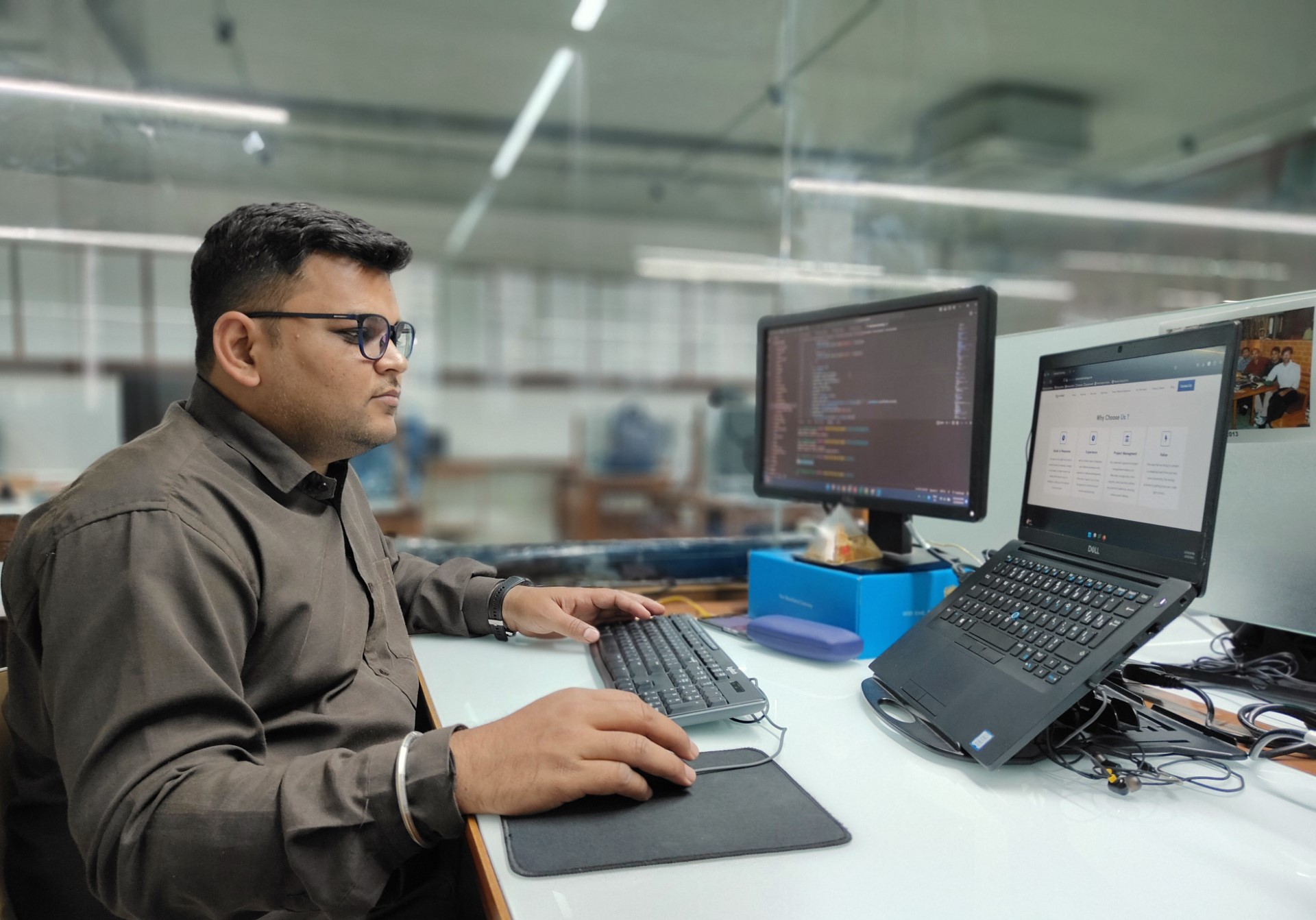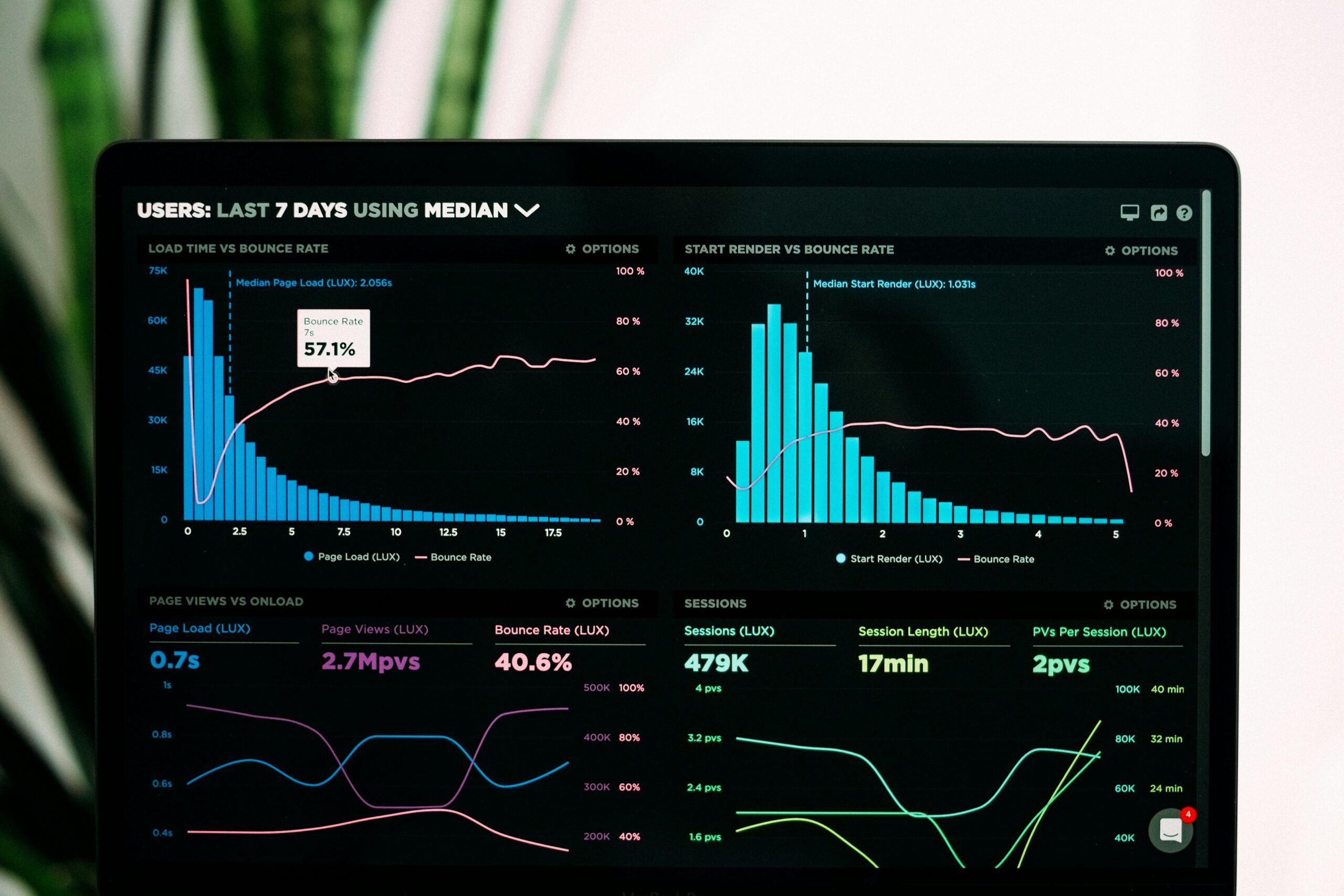Meet Hasmukh Barochiya, a seasoned Tech Lead with a decade of experience in computer science. From his early days as a mobile app developer to his current role, Hasmukh thrives on embracing new challenges and bringing innovative ideas to the table. In this interview, he shares insights into his background, the excitement he finds at Konnected, notable projects he’s been involved in, and valuable advice for aspiring engineers looking to follow a similar career path.
1. Can you tell us a bit about your background?
Hi, I’m Hasmukh Barochiya. I completed my Master’s in Computer Science in 2013 and began my career as a mobile app developer. Since then, I’ve steadily progressed, and I’m now a Tech Lead with expertise in top programming languages. With 10 years of experience under my belt, I’m always eager to tackle new challenges and bring fresh ideas to the table. Outside of work, I enjoy exploring new places and cultures, which I believe has helped me develop my communication and adaptability skills.
2. What do you find most exciting or fulfilling about your role and the work you do at Konnected?
Every day at Konnected is a chance to push my boundaries and learn something new. Whether it’s mastering a new API for a cutting-edge project or optimizing existing codebases, the constant learning keeps me energized and engaged. But the most fulfilling part for me is seeing the impact of my work. It’s more than just coding; it’s about building solutions that make a real difference, and that’s what truly fuels my passion.
3. Could you share a notable project or accomplishment that you’ve been involved in?
Two projects stand out in my mind: ‘Marina,’ which saved countless boats by providing real-time tracking and sinking alerts, and ‘Just-in-sequence solution,’ which streamlined manufacturing by replacing a clunky system and automating shipping.
4. In what ways do smart systems help mitigate the risks in manufacturing facilities?
Smart systems in factories can:
- Predict equipment failures: Avoid costly downtime with early warnings of wear and tear.
- Boost safety: Monitor machines, control access, and track environmental conditions for a safer workplace.
- Optimize processes: Real-time data analysis helps find inefficiencies and automate tasks.
- Improve compliance: Data logging and alerts ensure regulatory adherence and avoid penalties.
5. What advice would you give to aspiring engineers who are interested in pursuing a similar career path?
Building on my own experiences and what I shared with my juniors, here are some essential tips for aspiring engineers:
- Don’t take shortcuts. There are no quick fixes in engineering, and true learning comes from tackling challenges head-on.
- Embrace failures as opportunities for growth. Analyze what went wrong, learn from your mistakes, and don’t be afraid to change course. Remember, even the most successful engineers have faced their share of failures.
- Break down big projects into smaller, manageable tasks. This approach not only makes them seem less daunting, but it also allows you to celebrate your progress along the way.
- And remember, engineering is not just about technical skills. Hone your communication, teamwork, and problem-solving abilities, as they are equally crucial for success in this field.




